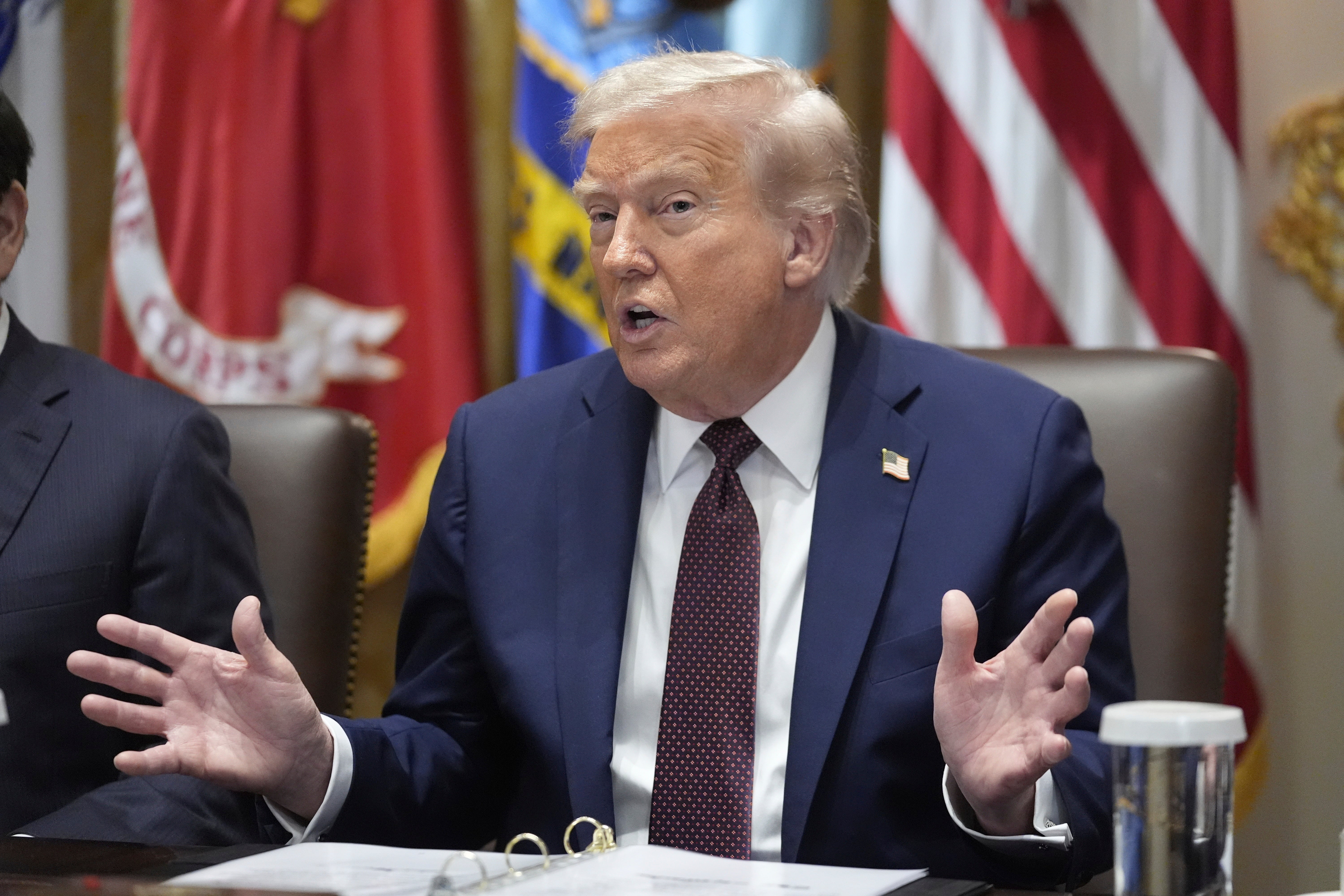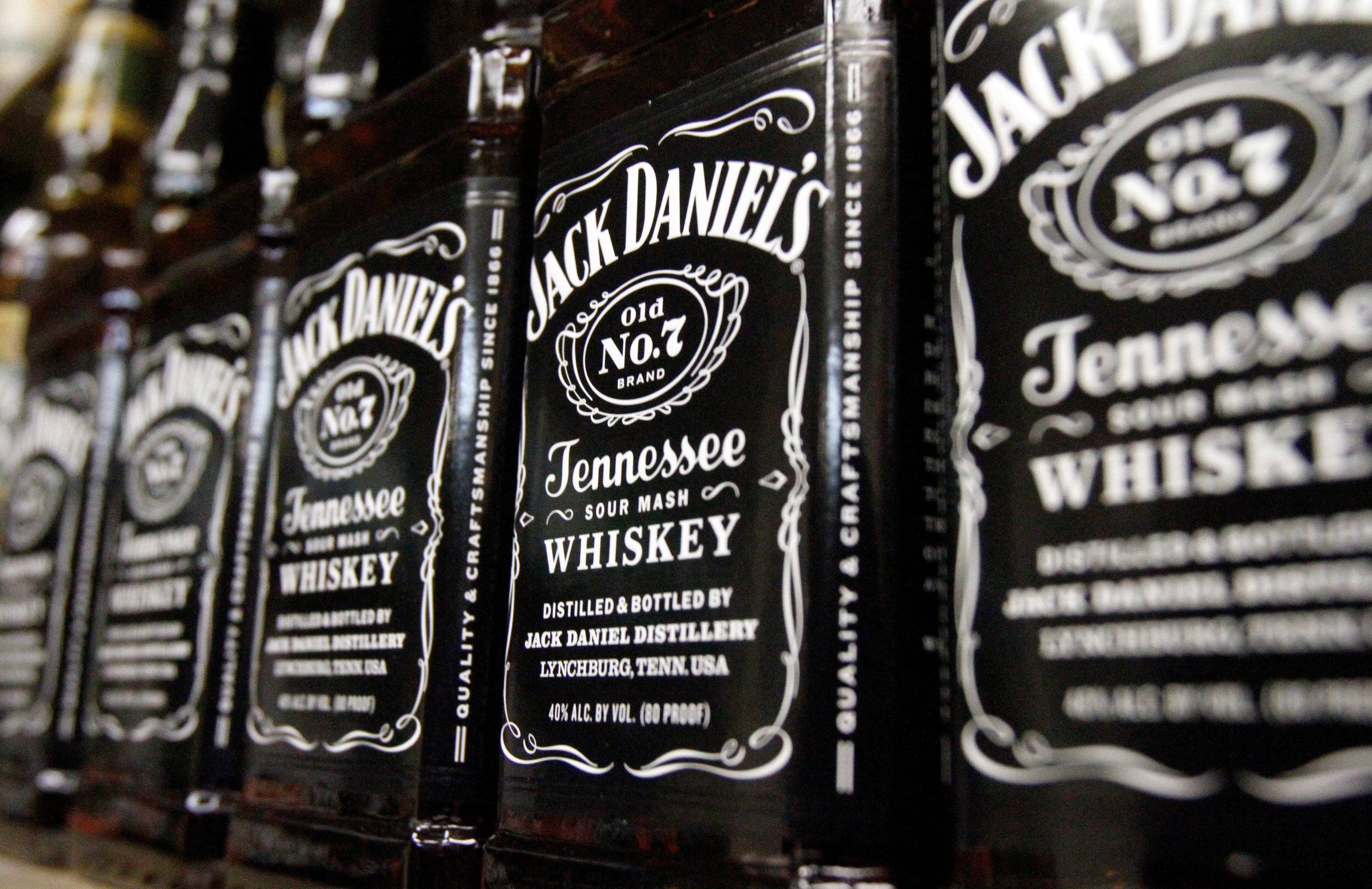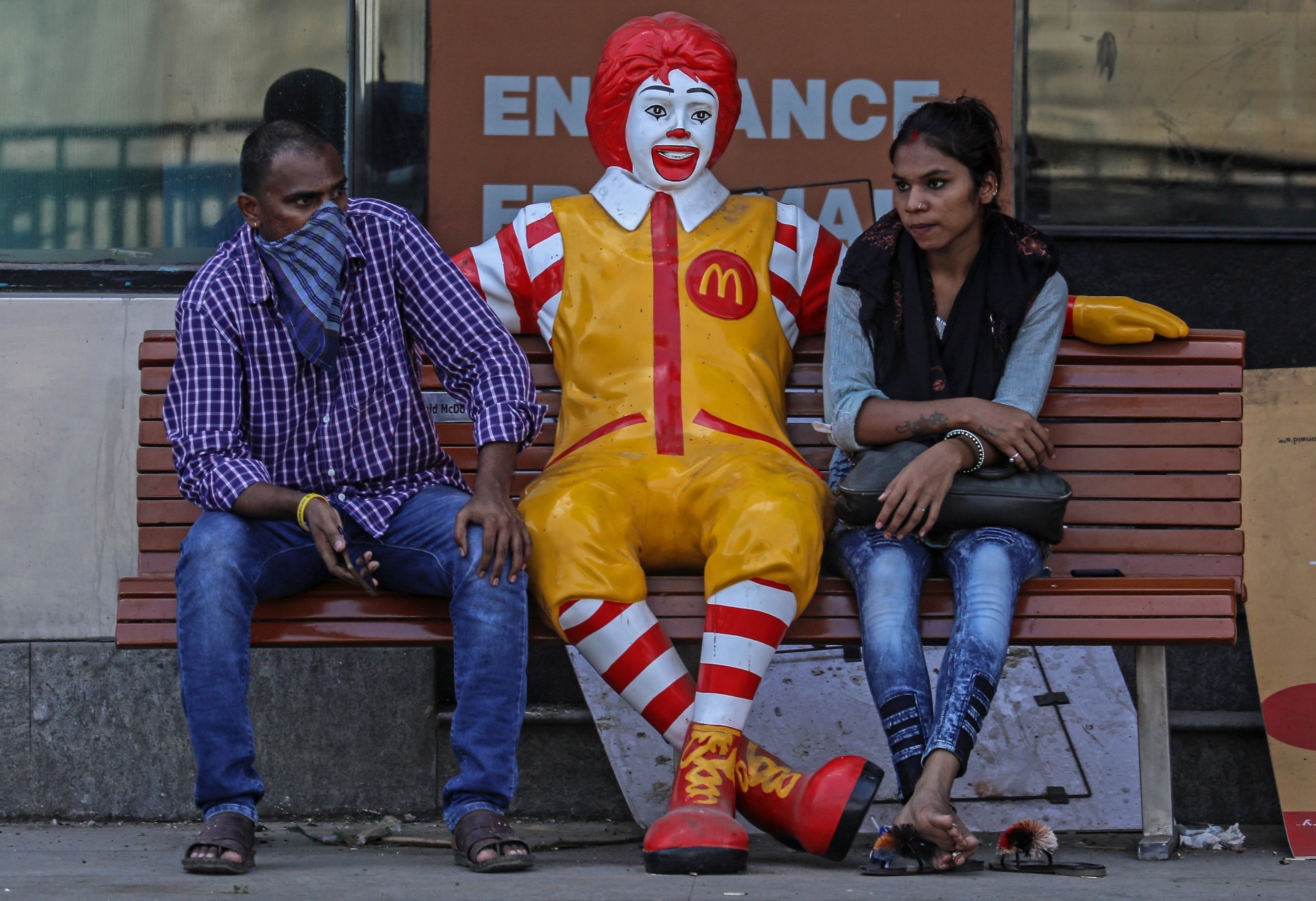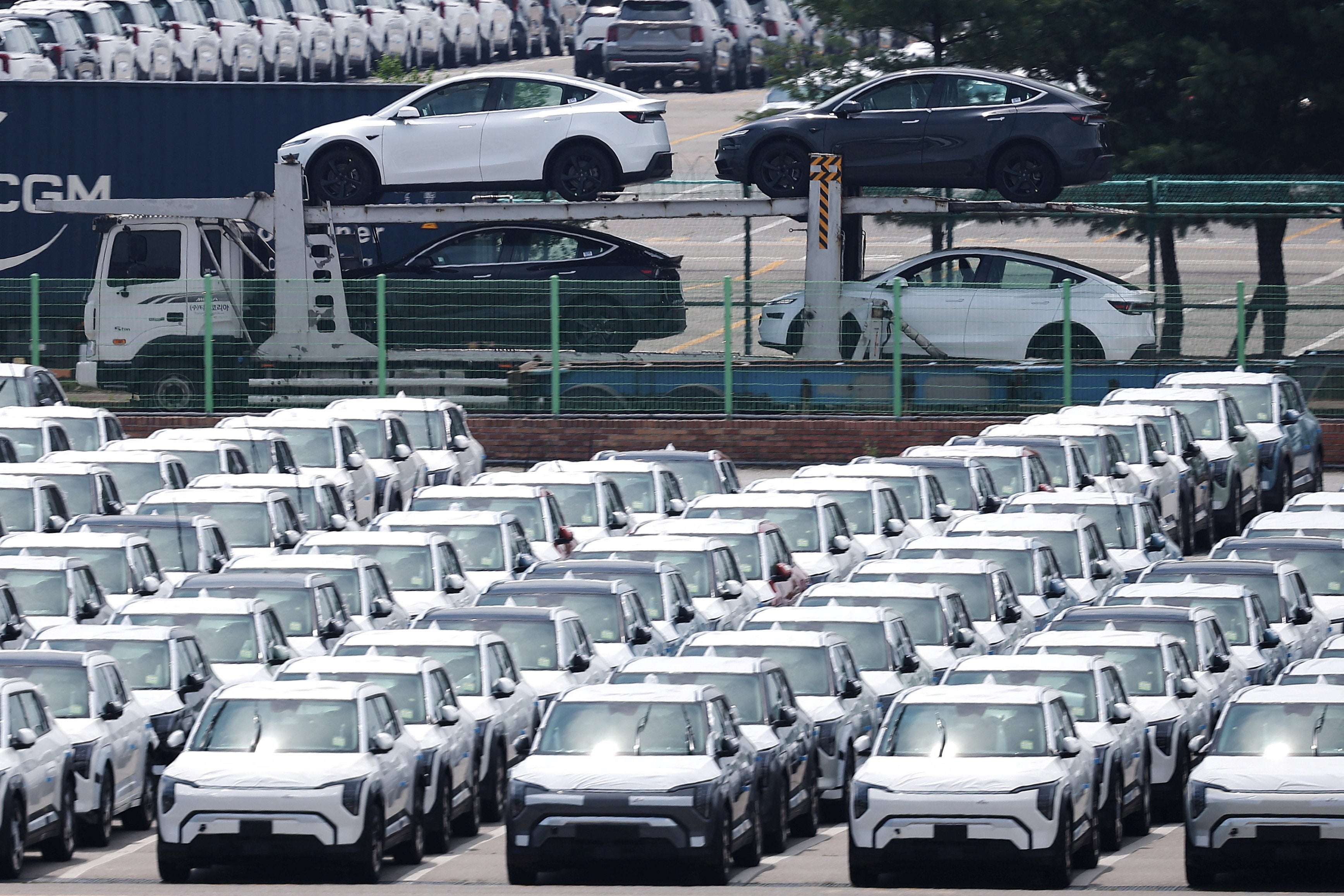President Donald Trump’s aggressive “reciprocal tariffs” strategy, intended to reset international trading relations, has only been active since August 7 but already appears to be having an adverse impact on U.S. brands around the world.
The president first unveiled his “Liberation Day” levies on April 2, placing a baseline 10 percent tax on most imported goods and much steeper taxes on particular sectors and certain countries, but was forced to suspend them seven days later after global stock markets reacted with revulsion.
After trying and largely failing to secure the custom-made deals with other nations he and Commerce Secretary Howard Lutnick had promised throughout the intervening months, Trump finally unveiled a revised lineup of tariffs last month, only for the U.S. Court of Appeals to rule them illegal on Friday, disputing his use of an emergency powers act as the basis for introducing them.

The president now has until October 14 to challenge that ruling in the U.S. Supreme Court, after which the tariffs will be taken offline. Whether he will be allowed to continue to pursue the policy or not, his actions have already had an impact on domestic businesses, with the likes of Home Depot and AriZona Iced Tea just two examples of companies that have reluctantly conceded they may have to raise prices for consumers to cushion the impact of the rising import costs of essential materials.
Beyond the United States, Trump’s brazen approach has already stoked anti-American consumer sentiment, notably in Canada and India, where shoppers have expressed their disapproval of his trade policies, rhetoric or conduct in office more generally, by boycotting U.S.-made goods in favor of local brands.
Here are some of the brands who have already expressed their disquiet about the state of play.
Levi’s
The British arm of Levi’s, the iconic U.S. jeans brands, is the latest company to warn that the “risk of rising anti-Americanism as a consequence of the Trump tariffs and governmental policies” could lead to “consumer preferences possibly shifting away from U.S. products and brands [and] increasing the willingness to substitute and buy national/European products.”
The company operates an estimated 3,400 stores across 120 countries and expressed the fear in its accounts forecast for the year to December, suggesting that anti-Trump feeling could have a detrimental impact on its overseas sales.
The U.K. subsidiary of the New York-listed retailer also revealed it had shed more than 200 jobs last year as a consequence of a rise to the minimum wage “putting pressure” on its costs, describing its store traffic as “flattish overall.”
Jack Daniel’s

Leanne Cunningham, CFO for Brown-Forman, the parent company behind Jack Daniel's whisky and Woodford Reserve bourbon, reported a 62 percent decline in sales in Canada during an earnings call in late August as the country’s rejection of U.S. spirits continues to bite.
“American spirits products have been off the shelf in Canada for months,” she said. “This had a significant impact on our first quarter of fiscal 2026, which will impact our full fiscal year results.”
On the same call, CEO Lawson Whiting said Trump’s tariffs and deeply-unpopular “51st state” rhetoric had conspired to create “significant headwinds.”
Canadian stores have cleared bottles of imported American beers, spirits and wines from their shelves and replaced them with domestic alternatives in opposition to Trump, hurting those sectors and California vintners in particular, while the locals are reportedly also using the “Maple Scan” app on their phones to determine the point of origin of products before they purchase them.
Apple, McDonald’s, Coca-Cola, Starbucks and Amazon

A similar strain of anti-American sentiment has erupted in India in response to Trump placing a huge 50 percent tariff on the country’s exported goods last month, a measure undertaken to punish New Delhi for continuing to purchase Russian oil rather than join the international boycott in response to Vladimir Putin’s invasion of Ukraine.
Although it is too soon to measure the market impact of the president’s actions, which came despite his past warm relations with Narendra Modi, some of the U.S.’s most famous brands from Pepsi and Coca-Cola to Amazon, Apple, Meta, Domino’s, McDonald’s and Starbuck’s have faced boycott calls, according to Reuters.
Manish Chowdhary, co-founder of India’s Wow Skin Science, recently issued a video message on LinkedIn urging Indians to make buying locally “a global obsession” and said: “We have lined up for products from thousands of miles away. We have proudly spent on brands that we don’t own, while our own makers fight for attention in their own country.”
Rahm Shastry, CEO of India’s DriveU, wrote in a post on the same platform: “India should have its own home-grown Twitter/Google/YouTube/WhatsApp/FB – like China has.”
Ashwani Mahajan, co-convenor of the Swadeshi Jagran Manch group said: “People are now looking at Indian products. It will take some time to fructify. This is a call for nationalism, patriotism.”
Tesla

Consumers in both the U.S. and Europe reacted angrily to Elon Musk’s support for Trump in last year’s election and over his subsequent role as a White House adviser, even vandalising Tesla cars and dealerships in protest before the relationship between the two billionaires exploded so dramatically in June.
Musk has continued to count the cost of his dalliance in right-wing politics and Tesla has borne the brunt of public disapproval, with sales of its electric cars falling in Europe throughout the calendar year.
Tesla sales halved in the U.K. in July, with just 987 models registered compared to 2,642 in July 2024, a 60 percent slide. The company’s total sales in Britain are down 7 percent for the year so far, according to data from the main industry body.
Jim Beam and Maker’s Mark
Takeshi Niinami, Chairman and CEO of the Japanese drinks corporation behind Jim Beam and Maker’s Mark, gave an interview to Bloomberg TV in April in which he warned that Japanese companies could be deterred from investing in the U.S. as a result of Trump’s tariffs.
“It is not going to be very attractive,” Niinami said. “The U.S. is still a key country, but we have to have a broader portfolio of investment.”
He cautioned that a protectionist U.S. would lead Japan, China and India to turn away and become the flagbears for free trade in the Asia-Pacific region.







